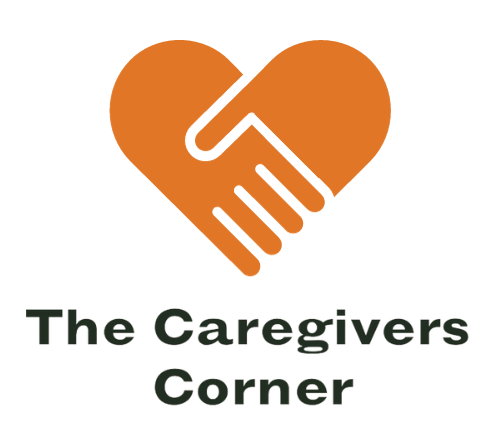Interview Questions for In-home Senior Caregivers
When interviewing a prospective caregiver for your elderly loved one, it's essential to ask questions that cover a range of topics, including experience, approach to care, and compatibility with your loved one’s specific needs.
Here are some examples of questions to ask:
Experience and Qualifications
How long have you been working as a caregiver for the elderly?
What do you love about being an elderly caregiver? What do you find the most challenging?
What can you tell me about some of the families you have worked for previously? Describe both good and bad experiences.
Tell me about a time you had a difficult experience with a past employer, how did you handle it?
What types of health conditions have you cared for in the past?
Are you certified in CPR or first aid?
Tell me about any experience you have working with elderly clients with memory and cognitive impairments?
Can you provide references from previous clients or employers?
Daily Responsibilities
Tell me about the daily tasks are you can assist with (e.g., bathing, dressing, feeding, vital signs, medication management)? How would you describe your skill and comfort level with each task?
Are you familiar with using medical devices, like walkers, wheelchairs, oxygen tanks, blood pressure monitor, glucometer?
How do you ensure a senior's comfort and dignity while providing personal care?
What is your skill level with meal preparation and accommodating dietary restrictions?
Medical and Emergency Response
How do you handle medical emergencies or sudden health changes?
Tell me about your experience in managing medications ?
How do you keep track of medical appointments?
How do you monitor and report any changes in a client’s health or behavior?
Communication, Compatibility, Companionship
How do you communicate with your client’s family about their well-being and progress?
How do you handle difficult situations or resistance to care from an elderly client?
How do you build trust and maintain a positive relationship with the elderly person?
What does providing companionship to an elderly client look like?
How do you engage your elderly clients in conversation, activities, etc.? What do you do if they are reluctant to participate?
Personality and Approach to Care
How do you help elderly clients stay mentally and emotionally engaged? (Ask about realistic situations here, i.e., Mom tends to prefer watching television but I would like her to have more conversations with others. How can you help with that?
What activities or routines do you typically implement to improve quality of life for your clients?
What do you find most rewarding about working with elderly clients?
Availability and Flexibility
What is your availability, and are you open to working nights or weekends if needed?
How do you handle schedule changes or requests for additional hours?
Do you have reliable transportation for running errands or taking your client to appointments?
Personal Approach and Philosophy
What is your caregiving philosophy when it comes to working with elderly individuals?
How do you handle situations where the elderly person may become confused, anxious, or agitated?
Can you give an example of how you've resolved a challenging caregiving situation?
By asking these questions, you can gain insight into the caregiver's experience, compatibility with your parent, and overall approach to elderly care.
Now, some TIPS for YOU:
Ask open-ended questions to allow the individual to provide more expansive responses.
Actively listen and show empathy during the interview. This includes repeating answers for clarity, using positive non-verbal cues, etc.
Ask follow up questions.
Ask how they would handle realistic scenarios. For example, ask how they would handle it if your elderly loved one refuse to eat what they prepared, refuse to get dressed for their doctor’s appointment, or is running a fever, or seems confused, etc.
Pay attention to whether they are listening attentively and understand the emotional needs of your loved one.
Include your elderly loved one in the interview. Be sure to prepare them ahead to ask questions, if possible. Look for how the caregiver responds to your loved one.
Pay attention to whether the caregiver displays a positive attitude.
Determine from the responses whether they are adaptable.
For more information on selecting the right caregiver for your loved ones, check on my blog 10 Tips for Choosing the Right In-Home Caregiver for your Elderly Loved Ones.

